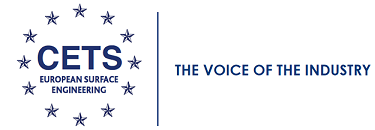The REACH directive has now been a fact for 15 years. A lot of information about chemical substances has been collected and classified, which has resulted in the necessary legislation.
On November 12, 40 people were physically present in Brussels. In addition to the physical attendees, about 300 people were also present online for the plenary part. The points that have been discusses, include:
- REACH is important for stimulating innovation, but what is/will be the level of ambition?
- Should national governments be given the opportunity to also carry out national authorisations?
- Uncertainty about the outcome of the procedure is too great, the time consuming too much and the costs too high.
- The emphasis should be less on substitution. It should be placed much more on working in a safe and environmentally conscious way. .
- Innovation is not the same as substitution. And matters that have an effect on circularity (longevity) and climate (less CO2 emissions) must also be taken into account.
- A better distinction must be made between production substances and substances contained in the end product.
- There must be more coherence between REACH and other legislation.
- There should be less emphasis on the danger of a substance and more emphasis on the risks associated with the use of a substance.
- The Level Playing Field should be closely monitored.
- The government should focus on “access to relevant data”, and not on “gathering as much data as possible”.
- Waste and waste reduction through reuse should be facilitated, not discouraged.
- Which financial instruments are possible to stimulate this form of innovation?
- The “Essential Use” concept must be worked out in a way that is unambiguous and does not disturb the Level Playing Field.
No conclusions were (yet) drawn at this meeting, only points for attention were mentioned.
Read the full article here.
